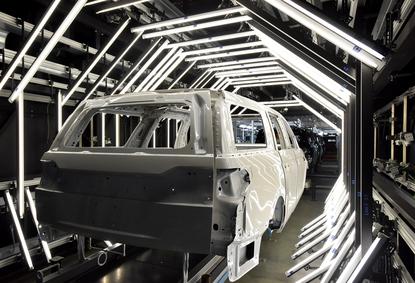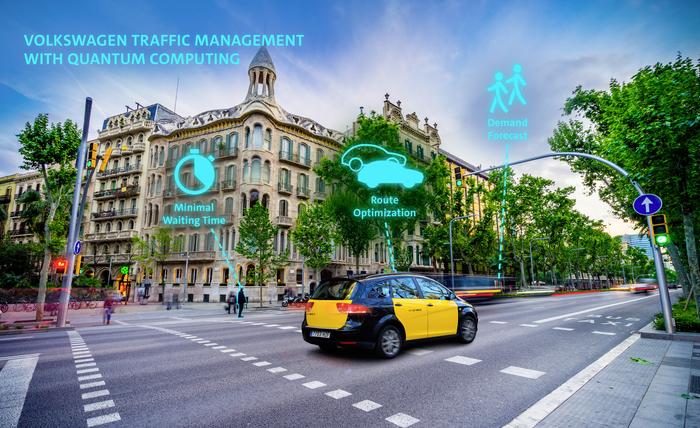Ford seeking quantum algorithm expert
- 10 January, 2019 11:34

Ford Motor Company is seeking a quantum algorithms researcher as it ramps up its internal quantum computing research effort.
In a vacancy posted last month, the car manufacturer said that it was beginning to “explore emerging alternative computing platforms including quantum computing” as a way of solving “complex applications, including traffic optimisation, autonomous vehicle machine learning, vehicle route planning, and material sciences”.
The successful candidate for the role, located at Ford’s Research and Innovation Center in Michigan, will conduct research to develop algorithms and create proof-of-concept demonstrations of “quantum or hybrid optimisation algorithms relevant to automotive use cases”.
The job is one of a number of quantum specialist appointments being made by the company.
This year the company – which had the most US patents granted last year, and was the only non-tech company to make the top 10 ranking – will be working with NASA’s Quantum Artificial Intelligence Laboratory at its Ames Research Centre in Silicon Valley, in a use case aimed at helping commercial fleet owners to more efficiently manage fuel usage.
“Our scenario entails finding the optimal route for a single delivery vehicle making stops at multiple locations carrying out a specific task, then applying that to all vehicles in the fleet,” Dr Ken Washington, vice president, Ford Research and Advanced Engineering, and chief technology officer, revealed in October.
The US$100,000 project will use the D-Wave 2000Q quantum annealer hosted at Ames – which is shared between NASA, Google and the Universities Space Research Association.
“Right now, using traditional computing methods, you can model these options for a limited number of vehicles and locations. But as soon as you increase the number of vehicles, relevant locations and potential routes, it quickly becomes a very large and expensive problem, and the number of different scenarios needing to be analysed becomes intractable. So this is where quantum computing comes in,” Washington said.
Other potential applications for quantum computing touted by Ford include materials development and battery chemistry optimisation.
Quantum roadmap
Ford follows rival Volkswagen in its exploration of quantum computing. In March 2017, the German car giant revealed details of a research project with D-Wave to optimise traffic flows in Beijing, using data from 10,000 public taxis.

The company said a resulting “quantum-optimised traffic management system” could be offered as a new commercial service.
Later that year VW announced a partnership with Google to explore three areas of research utilising quantum computing. The first builds upon the Beijing taxi research, the second involves the simulation and optimisation of high-performance batteries for electric vehicles, and the third concerns the development of new machine learning processes and their use in autonomous driving systems.
Last year, the company said it had successfully simulated molecules such as lithium-hydrogen and carbon chains, and was now working on more complex chemical compounds.
